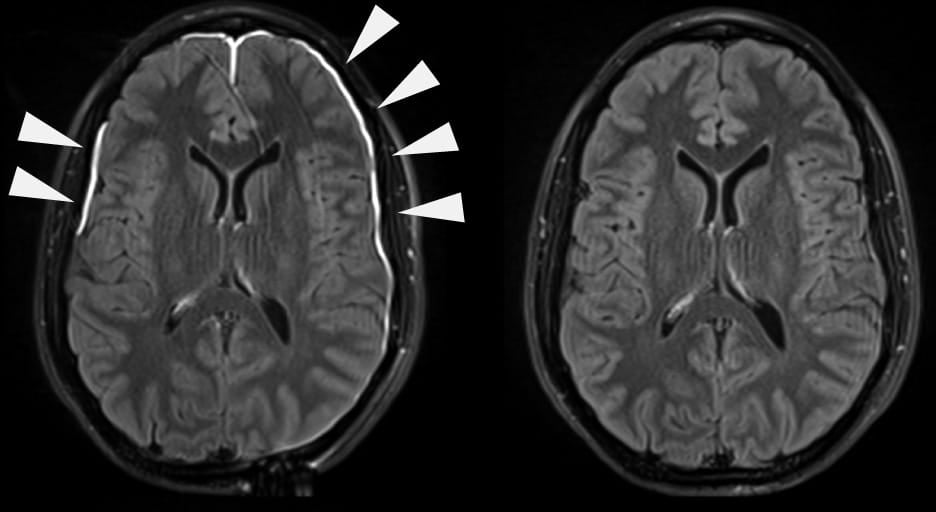Blood-Based Biomarkers Help Predict Outcomes After Traumatic Brain Injury

WASHINGTON — Biomarkers present in the blood on the day of a traumatic brain injury can accurately predict a patient’s risk of death or severe disability six months later, according to a study funded by the National Institutes of Health.
Researchers with the Transforming Research and Clinical Knowledge in TBI initiative found that measuring these biomarkers may enable a more accurate assessment of patient prognosis following a traumatic brain injury.
The results of the study were published in Lancet Neurology.
In the study, researchers from TRACK-TBI, a University of California, San Francisco-led brain injury research initiative, examined the day-of-injury blood tests of 1,696 patients with TBI, using the Abbott i-STAT Alinity, a portable blood analyzer, and the ARCHITECT assays.
The results of these blood tests were compared at patients’ six-month assessments, using the Glasgow Outcome Scale Extended, which grades outcomes and quantifies levels of disability following TBI. These outcomes range from death (level 1) to complete recovery with resumption of normal life but minor deficits in some cases (Level 8).
Approximately two-thirds of the patients were male, and their average age was 39. They had been evaluated at 18 Level 1 trauma centers for injuries caused primarily by traffic accidents or falls.
At six months following injury, 7% of the patients had died, 14% had an “unfavorable outcome,” with level 2 to 4 injuries ranging from vegetative state to severe disability requiring daily support. The remaining 67% had “incomplete recovery” ranging from moderate disabilities requiring assistance outside of the home to minor disabling neurological or psychological deficits.
The researchers found that the day-of-injury blood tests had a high probability of predicting death at six months; and a high probability of predicting severe disability at the same time point.
However, the biomarkers did not accurately predict who would experience incomplete recovery — moderate disability but able to live independently — at six months.
Although additional studies are necessary to reproduce the results, the findings indicate that blood-based biomarkers may help clinicians and researchers better predict patient outcomes after a traumatic brain injury.
























